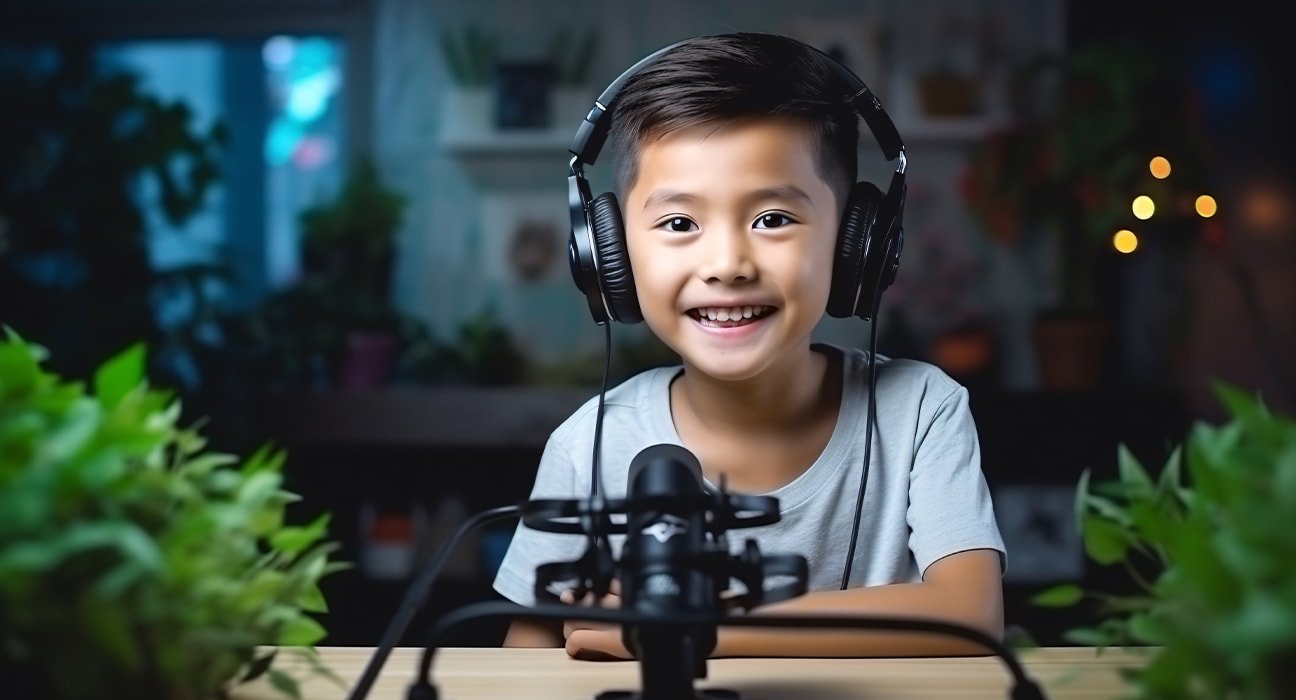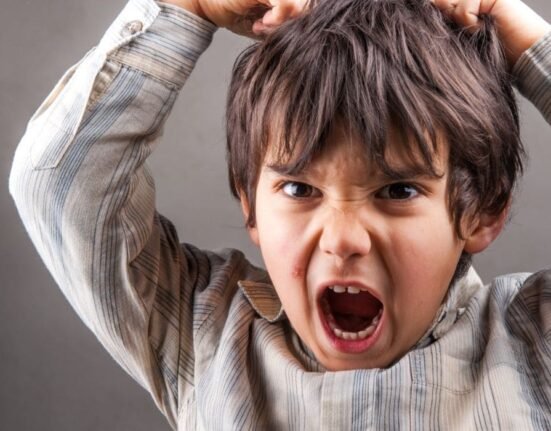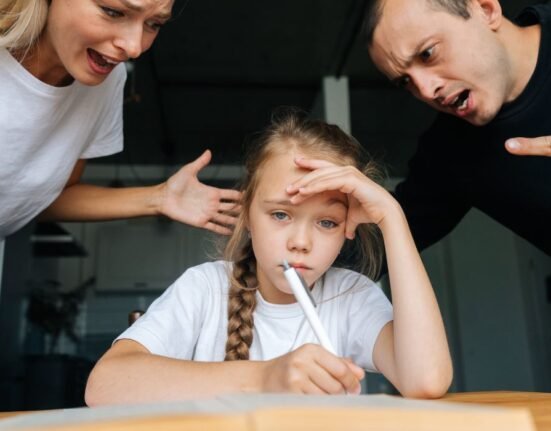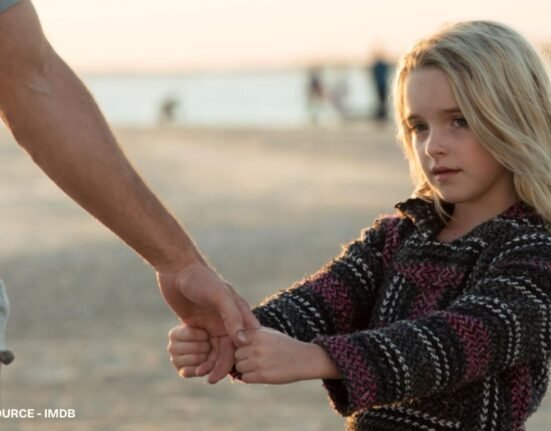“Look at her outfit, I think I should try this”, “This man has a great vocabulary, I think I should also improve mine”. We live in a world where different types of people surround us and people have the power to influence us at any time. A kid can make you realize the importance of happiness, and maybe a dog can teach you loyalty. Gender or age is not important when it comes to influencing or getting influenced. Even an abiotic matter can influence you.
Social media is an inevitable part of our lives today and this has also been a space for the developing influencer culture. Influencers are people who use social media as a platform to promote ideas, lifestyles, and products. Influencers are either celebrities or ordinary people but by promoting their content they reach a wider audience to gain fame and celebrity status.
Read More: The Psychology Behind Celebrity Culture
Today we have kidfluencers or kid influencers as well. The easy accessibility of the Internet and social media platforms like Instagram, YouTube, and TikTok has made it easy for kids to be influencers. Most of these accounts will be created and managed by the parents. Kids with cute faces, charming Personalities, and remarkable abilities can easily get followers on social media.
According to Clinical Psychologist and Psychotherapist, Sanjoni Sethi, “Parents of children who are influencers need to be mindful of the impact of influencing culture on the self-esteem of their children. It is vital to reassure children that their sense of worth doesn’t rely on the outcome of their influencing culture. The ways to do so would mean to show early signs of good and bad are part and exist within the same, and parents love holds no bound relying on what the child accomplishes. Another example would be to explain to the child concepts of perfection and non-perfection to allow spaces of grey to keep building.“
The Negative Impacts of Kidfluencers Culture
1. Exploitation
The kid influencers are young individuals in their adolescence or younger than that. Some parents use their kids for content and money from the very moment after birth. Some kids may perform with interest while others are forced to act or carry out themselves in a particular way just to align with the trend or needs of the brand with whom they are collaborating. These children will not have a normal childhood once they become the primary source of income for their families and they will have to face the exhaustion of work life from a very young age.
2. Affect on Mental health
Kidfluencers face an increased risk of depression, anxiety, stress, and issues relating to emotional regulation. These kids are exposed to social media at a very young age and will find it difficult to manage themselves along with the conditions of these unregulated platforms. Their self-esteem and self-worth will be completely dependent upon external validation like the number of likes and the length of comments.
Most of the influencers have faced cyberbullying at least once but the kidfluencers will not have any idea about how to respond to such hatred. Maddyson Edward has mentioned in one of his studies that kidfluencers have more chances to have depression, anxiety, and substance issues in their adulthood as their self-confidence and self-esteem will be linked to social approval, and will have a hard time handling disappointment and failure.
3. Affect on Identity Formation
The influencing culture can take a toll on the identity formation of children. Personal identity is understanding your uniqueness while social identity is the ability to consider yourself as part of a wider social group. According to Psychologist Donna Rockwell, the influencer children will have a tough time forming social identity and they will often face a state of confusion and character splitting between “celebrity self” and “authentic self”.
4. Privacy
The kid influencers share personal details on social media like their live videos, photos, daily routine, etc. As kids, they will be least aware of how the audience will perceive their content. They will also have the least knowledge about the legal, ethical, and moral standards of the society. With the development of AI and tools like Deep Fake, there is no control over the amount of alteration that can take place over the internet.
Read More: AI deep fake technology can harm the Mental Health of Teenagers
5. Commercializing
Kid influencers are used as commodities only to promote business and earn money. According to Dr. Archer, kids are made to do toy reviews on YouTube and these channels have millions of subscribers. Many of the viewers are kids because for them this is entertainment and not an advertisement. Sharenting is a new term that refers to parents sharing the whole process of parenting, their joys, milestones, etc through social media. The dark side of this is that here the child’s life is exposed to the public and they are unaware of this.
6. Effect on Child Population
Child influencers are increasing every year and with this, there will be an increase in their influence on them. Though most of the social media platforms restrict children from making accounts, many of them make it by giving in wrong information or under the identity of their parents. The unrealistic life portrayed on social media will make ordinary children unsatisfied with their current lifestyle. This dissatisfaction will affect their development and understanding of the world later in life.
Read More: Influence of the Influencer: Behind the Social Media Curation
Legal Protection
Misusing the innocence of children only to earn money is a new trend and this has affected the children’s safety and privacy. This has also increased digital kidnapping, cyberbullying, sextortion, and impersonation. There is an increase in legal safeguards for child protection and child rights on the internet. France has brought laws to prevent parents from sharing photos and videos of their children through virtual platforms. DSA ( Digital Service Act) was an act passed by the European Union in 2022 specifically to bring down the spread of harmful content by introducing a mechanism that can easily discover and punish illegal content featuring young children. To emphasize children’s rights within the digital landscape The United Nations Convention on the Rights of the Child adopted General Comment No. 25 in February 2021.
According to Sanjana Purdhani, Child Psychologist, “When working with children and adolescents, it’s essential to recognize that understanding them involves more than just one factor. We use the BPSC model, which is a biopsychosocial approach, to get a comprehensive 360-degree view of the child. Being an influencer at a young age means adults must ensure the child understands what’s happening around them. Conversations that require more understanding and logic can be challenging since adolescents are still developing these skills. Teenagers and adolescents are new to many aspects of the world. There are various factors influencing an individual’s development, including biological aspects, genetics, IQ, temperament, and importantly, their perception and processing of information. Hence, each child has a unique way of understanding the world, influenced not only by the traits mentioned above but also by their environment, family, and social interactions. This aspect is equally important in shaping their perspective of the world. Therefore, it’s clear that multiple factors impact a child’s/Teenager’s mental health. It’s not just a single element but a combination of many. Different viewpoints can shape their understanding of the world. Children/Teenagers in today’s world receive a lot of stimulation, and processing this information has its challenges. Therefore, understanding a child/teenager involves considering multiple areas, and reflecting on and understanding these aspects comprehensively.”
Childhood is a wonderful period and every child should be allowed to enjoy this to its fullest. Parents should not use kids for fame and financial gain. Sharing videos to share the joy and special moments can be understood but parents should also consider the child’s privacy, safety, and dignity. It is better not to disclose the child’s name, Home address, School address, and other personal details for their safety and mental well-being.
References +
- Youth Ki Awaaz. (2024, February 29). Influencer culture and its impact. https://www.youthkiawaaz.com/2024/02/influencer-culture-and-its-impact/
- https://www.researchgate.net/publication/374410788_Kidfluencing_The_Mental_Impacts_of_Posting_on_Social_Media_can_have_on_Children_and_Parents_How_Social_Media_Presence_can_have_Mental_Impacts_on_Children_and_Parents













Leave feedback about this